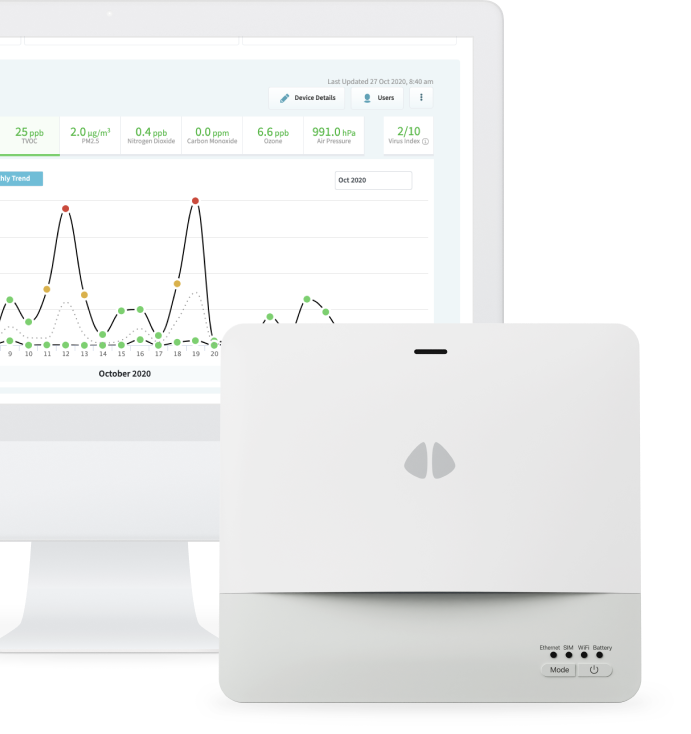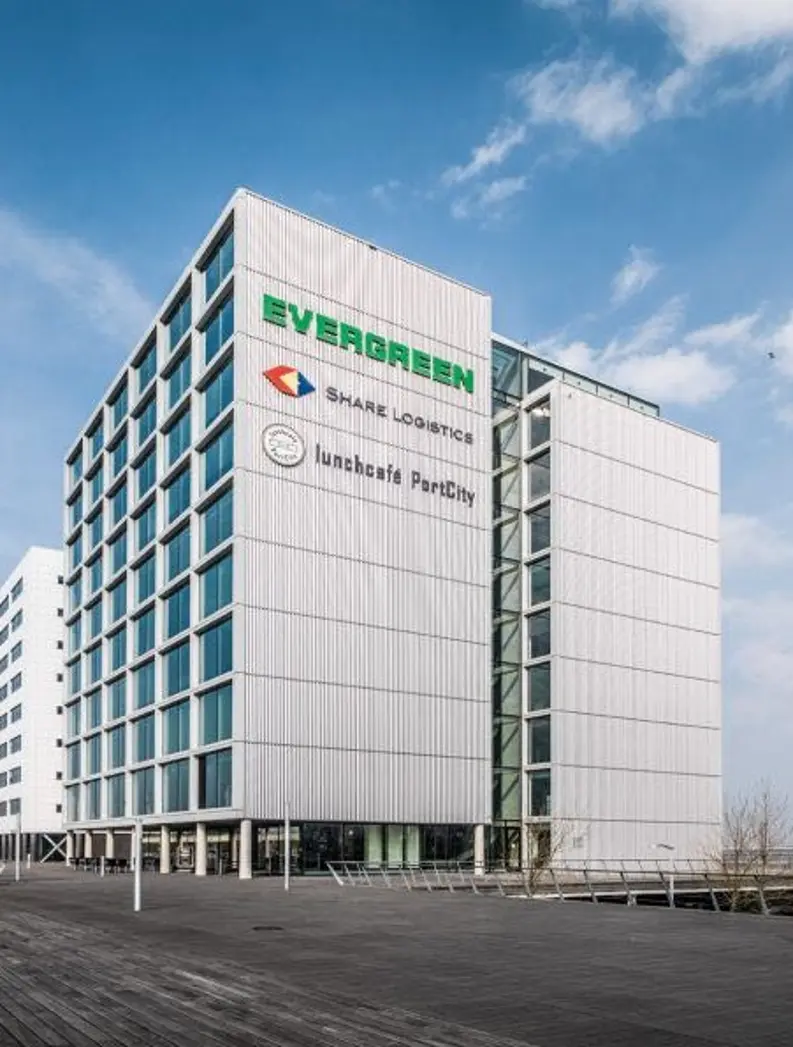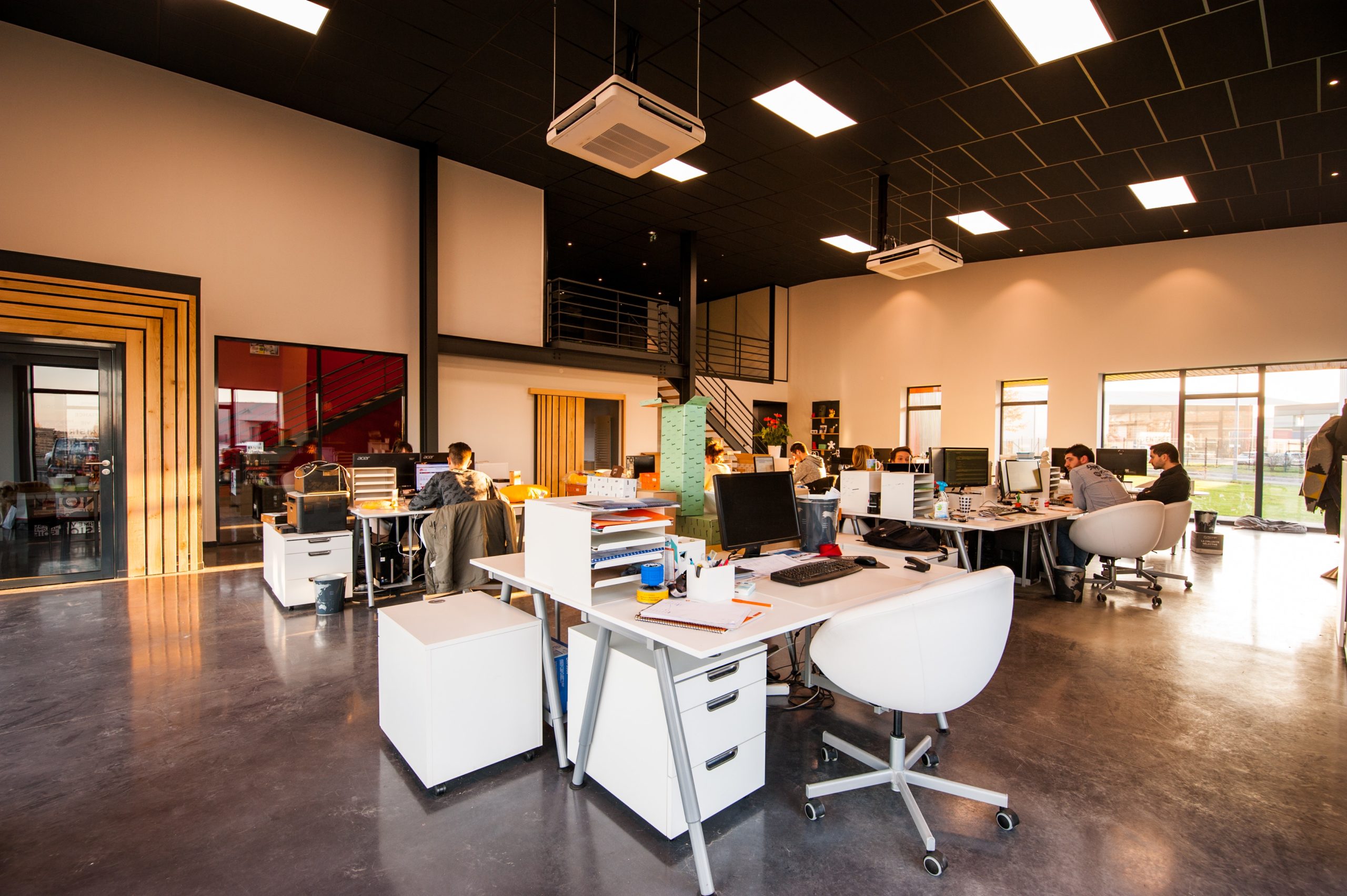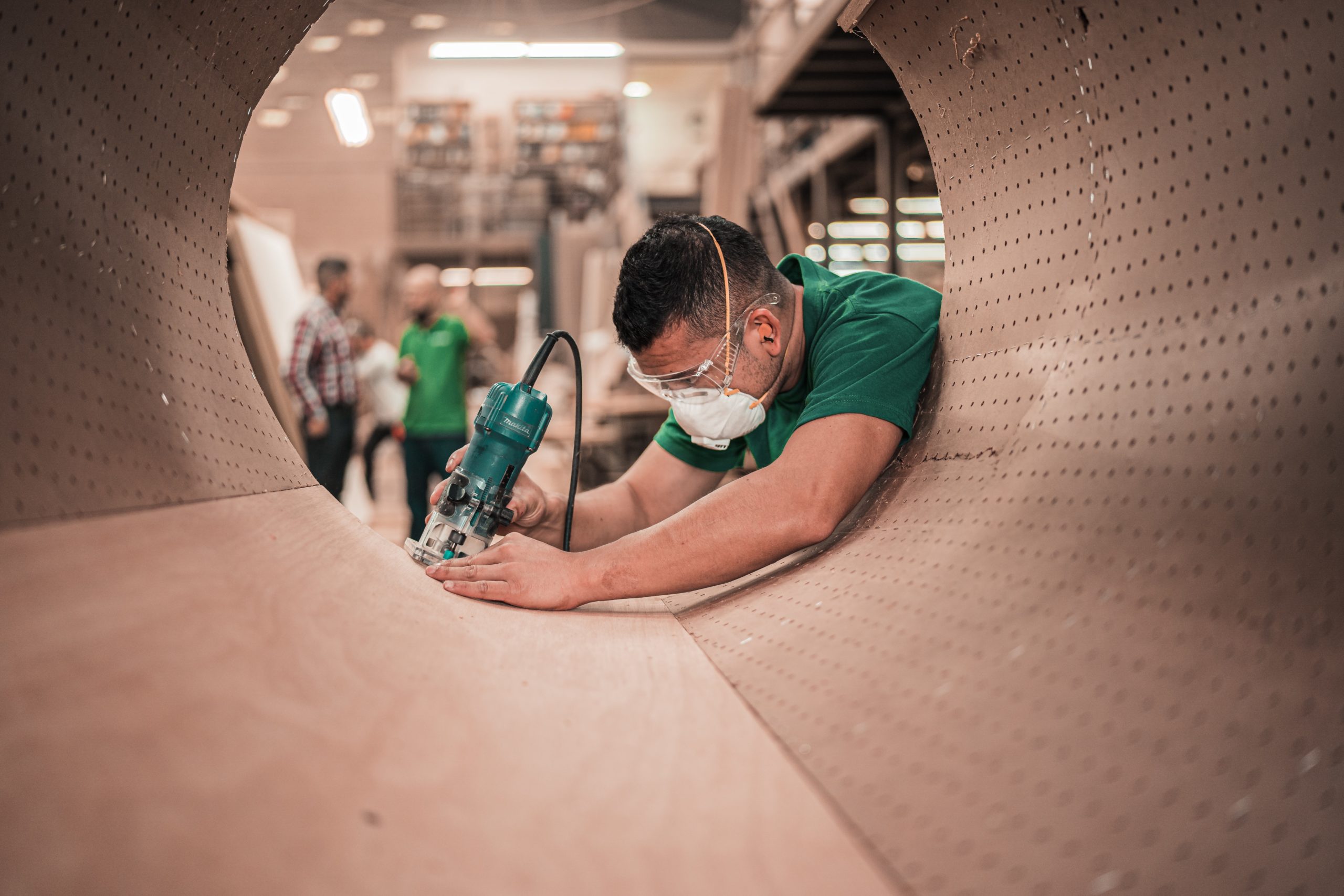Ensure Safety. Reduce Churn.

Indoor air quality is a major concern for commercial building owners because of its impact on the health, comfort, and well-being of tenants and customers. Poor indoor air quality affects tenant health, leading to illness and even death. Asthma and other allergic reactions can be caused by exposure to various pollutants such as particulate matter, gases, and microorganisms in the air.
Moreover, harmful airborne agents such as the coronavirus cause infection as a result of inhaling the organism. Control of indoor air quality is therefore critical to protecting tenants from such infections.
With poor indoor air quality, productivity is also compromised. The effect ranges from the impact on absences, discomfort, and reduced cognitive performance to long-term illnesses such as lung cancer, cardiovascular morbidity, and heart diseases to name a few. This leads to significant economic costs ranging from health care, lost time and productivity, lost rents, lost commercial opportunities aside from legal implications to the building management.
In commercial buildings, keeping the indoor air quality healthy creates a good business ecosystem both for the building owner as well as its tenants. Good indoor air quality helps in marketing commercial real estate. Conversely, litigations and complaints about poor indoor air quality may damage the marketability of a property.
A key to managing the complex and challenging process of efficiently operating buildings to provide a safe and comfortable environment lies in the ability to utilize air quality information for useful insights that can guide decision making – from building design to effective day-to-day operations. Indoor air quality monitoring can address not only the identification and control of the sources of indoor air issues but also in managing HVAC systems to maintain comfort as well as in verifying your building’s environmental performance.


- Improved air conditioning performance after identifying refrigerant pressure issues that caused warmer temperatures
- Identified high CO2 levels and addressed staff complaints on acoustic discomfort
- Discovered a pattern of elevated CO2 levels and improved staff turnover process to ensure optimal CO2 and safer physical distancing
- uHoo Virus Index provided confidence to management and tenants of a healthy and resilient building geared for the new normal

Get in Touch with us Today!













